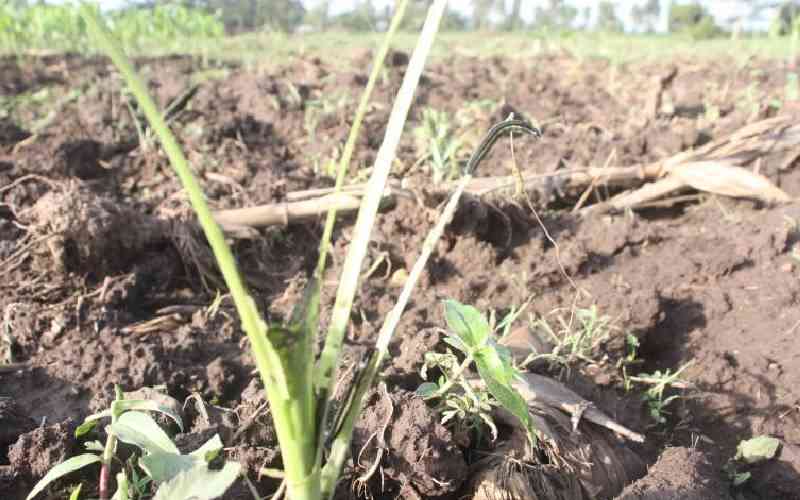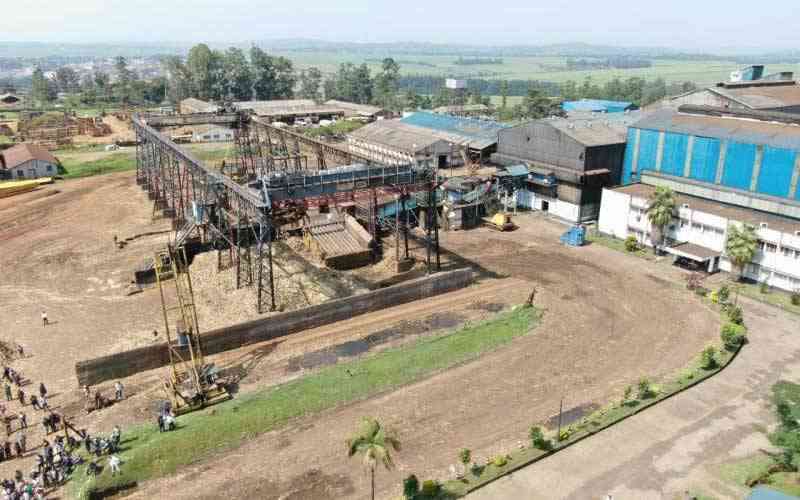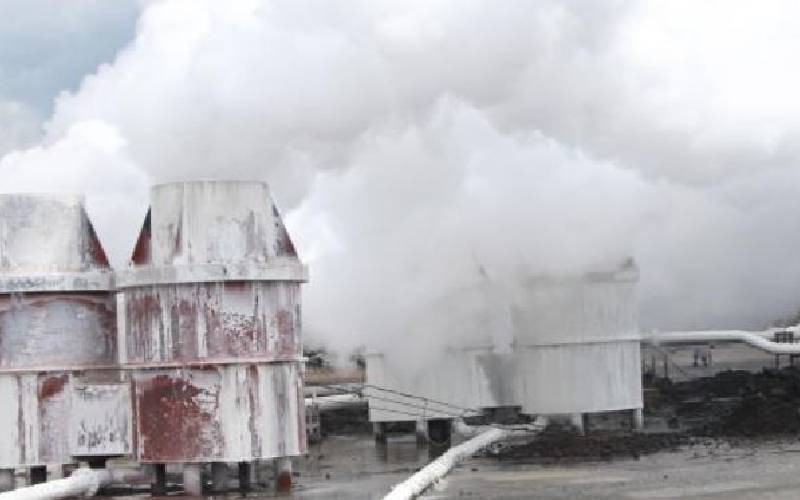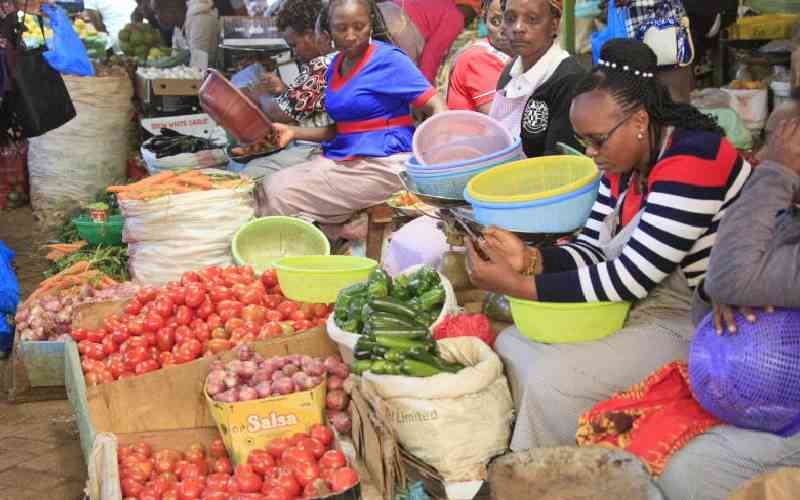
The Ministry of Agriculture has identified game parks and national reserves as the new breeding grounds for the African armyworm that has re-emerged after 21 years.
Through the Department of Plant Protection and Food Safety, the Ministry said it was working closely with Kenya Wildlife Service in managing the migratory pest that has invaded 23 counties so far.
This comes a couple of days after the Food and Agriculture Organisation (FAO) said it was supporting the government in fighting the pest that has also been reported in five other countries.
The other countries are Eritrea, South Sudan, Ethiopia, Somalia and Uganda, with the UN (United Nations) agency committing $500,000 (Sh70 million) towards the campaign.
According to Collins Marangu, a director in the department, the pest whose productive rate was high is lethal to maize, grass and millet.
Marangu said the only way of dealing with the pest was at the breeding level, adding that the ministry was working closely with FAO to eradicate the pest. "The pest can use the national park as its reservoir and breed there before spreading to nearby farms, and we are working closely with KWS in addressing this," he said.
Speaking during the ongoing training of agriculture extension officers in Naivasha, Marangu said that early warning systems could help stem the spread of the migratory pest.
"We have seen a resurgence of some migratory pests even in the growing of rice, and this has been attributed to climate change," he said.
FAO Country Representative Mucavi Carla termed the emerging and re-emerging animal and crop pests and diseases as a major threat to food and nutrition security.
She said most of the pests were transboundary in nature and had caused major damage to food crops like maize, millet, sorghum, rice, wheat, teff, and barley. "The African armyworm is a transboundary insect pest that is already posing a great threat to food security in the region by causing damage to pastures and major food crops," she said.
Mucavi said the region had experienced five successive seasons of depressed rains, creating a conducive environment for a potential outbreak with the ongoing long rain season.
"This brings to the fore the adverse effects of climate change, which are favouring the population dynamics of this destructive crop pest," she said.
Mucavi said FAO had developed a Fall Armyworm Monitoring and Early Warning System for monitoring and reporting.
 The Standard Group Plc is a multi-media organization with investments in media platforms spanning newspaper print
operations, television, radio broadcasting, digital and online services. The Standard Group is recognized as a
leading multi-media house in Kenya with a key influence in matters of national and international interest.
The Standard Group Plc is a multi-media organization with investments in media platforms spanning newspaper print
operations, television, radio broadcasting, digital and online services. The Standard Group is recognized as a
leading multi-media house in Kenya with a key influence in matters of national and international interest.











